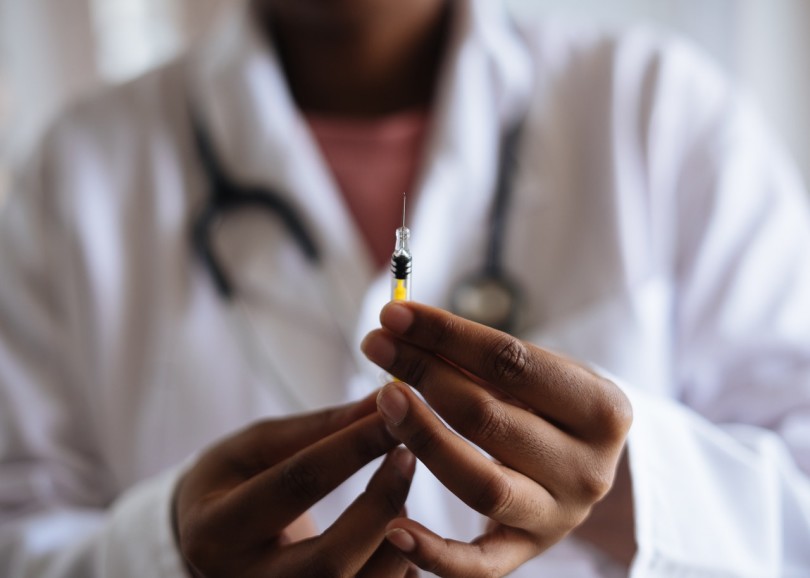Is Autonomous Driving coming to the UAE?
26 Apr 24
Lab ChatThe Global News Source for the World of Science and Chemicals
24 October 2021
Lab Chat
The Emirati healthcare community is encouraging patients with compromised immune systems to receive a third dose of the Pfizer vaccine. Individuals who have a medical history or are currently undergoing treatment for serious conditions like cancer or HIV might find that they do not receive as much immunity from two doses of the vaccine as the rest of the general populace.
As a result, all such immunocompromised patients are being asked to come forward and receive their third dose in the coming days and weeks. This, UAE doctors claim, will serve as a booster to enhance the level of protection that the Pfizer-BioNTech vaccine provides, thus better safeguarding the individuals in question and the population at large.
According to medical professionals, the immune systems of those affected by other conditions or treatments are likely to be less capable of withstanding infection and serious symptoms of the disease. That includes anyone undergoing chemotherapy for cancer, HIV treatment or stem cell or organ transplant operations.
The discovery that these people may be more susceptible to the virus is one of the most recent developments in Covid-19 research and could help to save lives and reduce hospitalisation rates in the UAE. Those potentially affected by the news are being asked to make an appointment with their family doctor, or else call 800 342 to seek telemedicine advice.
At the present time, it’s only immunocompromised patients who are being offered the third jab. This is because the antibody titre is expected to endure for longer in those with a healthier immune system. However, that may change in the future, since medical experts believe that regular booster jabs to maintain high levels of immunity will likely become widespread in the UAE and abroad.
For many months, the UAE has been setting an example in terms of its vaccination drive – not just to its regional peers, but to the international community, as well. It was the first country in the world to begin administering vaccines to its citizens as far back as September last year, while it also became the first Arab nation to begin manufacturing its own supply in April 2021.
That foresight has meant that the UAE boasts some of the highest rates of inoculation among its general populace. At the last count, it had fully vaccinated some 76% of its citizens, with around 87% receiving at least one dose to date. The drive shows no signs of slowing, either; at the start of September 2021 – one full year after launching its operations – around 50,000 vaccines were still being administered on a daily basis.
There are currently five vaccines approved for use in the UAE: Pfizer-BioNTech, Moderna, Oxford-AstraZeneca, Sinopharm and Sputnik V. Though there have been some concerns over the efficacy of the latter two candidates, case numbers have fallen away in recent weeks as the country appears to be winning its battle with the disease.
DOWNLOAD PDF

2 Day Seminar Program
@ ArabLab+ 2024
24 & 25 September 2024
22 Apr 24
Lab ChatYour stay in Dubai
Labkit
Product News
Chemkit
Product News
Thinking about exhibiting at ARABLAB 2024? Watch our video to find out more.
Join the world’s leading organisations…
Join our mailing list and receive the ARABLAB newsletter and event updates.